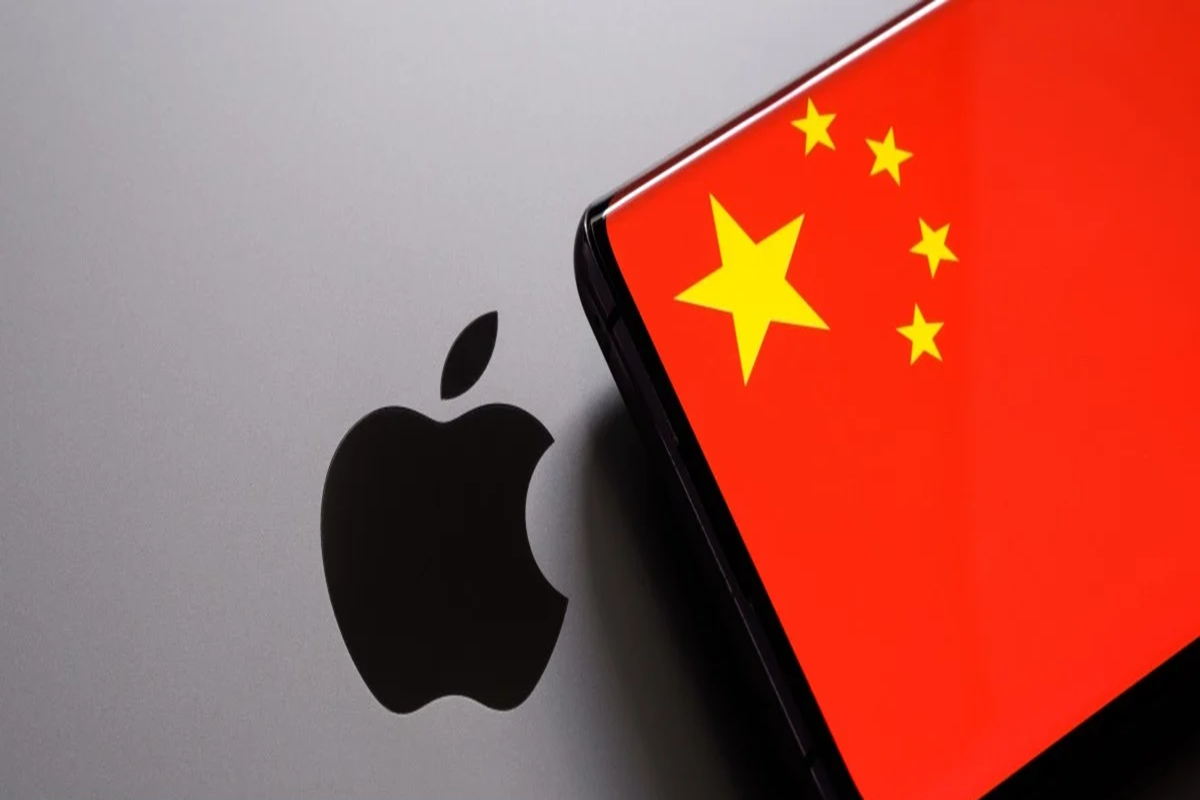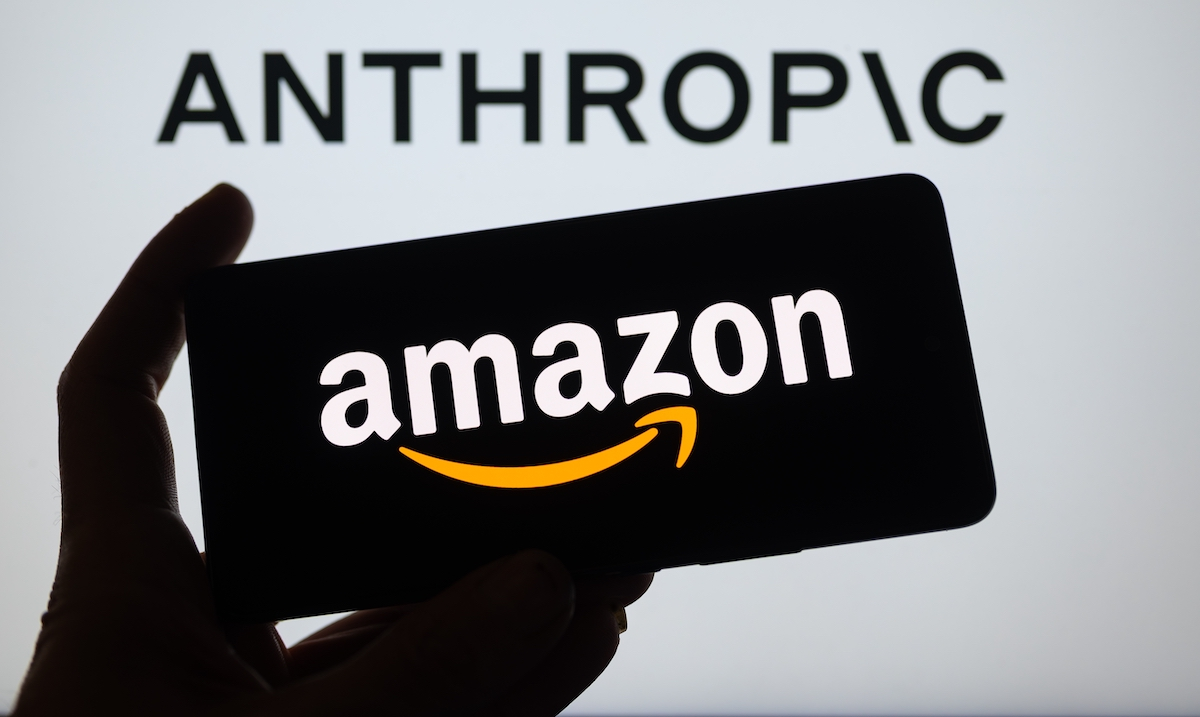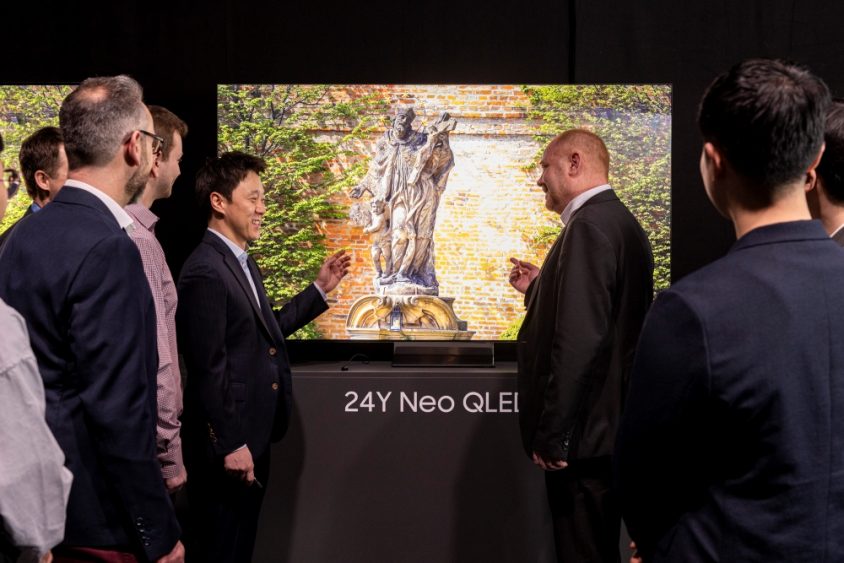Apple’s dominance in China’s smartphone market has seen a significant decline since 2019. Previously holding the satisfactory position, now iPhones rank fourth in market share and it is dropping to 15.76 percent from their former second-place position.

The downward trend in iPhone sales has been evident for the past three months with a staggering 33 percent decrease compared to the previous year. This decline can be attributed not only to China’s focus on bolstering its local brands but also to the ongoing economic challenges exacerbated by the US-China trade conflict.
One of China’s homegrown brands has particularly benefited from this shift and it is experiencing a remarkable 64 percent increase in phone sales. The Chinese economy’s struggles have led to a downturn in smartphone purchases and it is impacting the sales of prominent brands like Apple.
The first six weeks of this year have witnessed a notable decrease in smartphone sales as consumers scale back on purchases. Consequently the once-robust sales of leading brands like the iPhone have been notably impacted and it is signaling a potential end to its golden era in the Chinese market.
As China continues to prioritize the development of its local brands; the landscape of the smartphone market is undergoing a significant shift. Brands like Huawei, Xiaomi, and Oppo are gaining momentum and they are offering competitive features at more affordable price points.
This trend has contributed to the decline in iPhone sales as consumers are increasingly drawn towards domestically produced alternatives. The ongoing economic challenges and uncertainties exacerbated by factors such as the US-China trade conflict have further impacted consumer spending habits.









